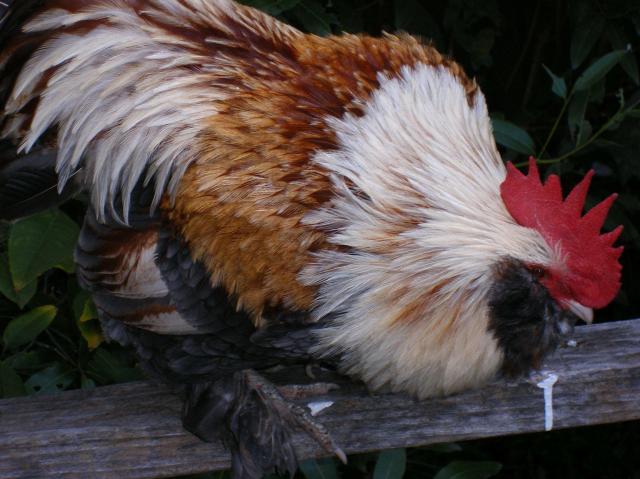From Wikipedia, the free encyclopedia
(Redirected from Polyneuritis)
Peripheral neuropathy is the term for damage to nerves of the peripheral nervous system,[1] which may be caused either by diseases of the nerve or from the side-effects of systemic illness.
The four cardinal patterns of peripheral neuropathy are polyneuropathy, mononeuropathy, mononeuritis multiplex and autonomic neuropathy. The most common form is (symmetrical) peripheral polyneuropathy, which mainly affects the feet and legs. The form of neuropathy may be further broken down by cause, or the size of predominant fiber involvement, i.e., large fiber or small fiber peripheral neuropathy. Frequently the cause of a neuropathy cannot be identified and it is designated idiopathic.
Neuropathy may be associated with varying combinations of weakness, autonomic changes, and sensory changes. Loss of muscle bulk or fasciculations, a particular fine twitching of muscle, may be seen. Sensory symptoms encompass loss of sensation and "positive" phenomena including pain. Symptoms depend on the type of nerves affected (motor, sensory, or autonomic) and where the nerves are located in the body. One or more types of nerves may be affected. Common symptoms associated with damage to the motor nerve are muscle weakness, cramps, and spasms. Loss of balance and coordination may also occur. Damage to the sensory nerve can produce tingling, numbness, and pain. Pain associated with this nerve is described in various ways such as the following: sensation of wearing an invisible "glove" or "sock", burning, freezing, or electric-like, extreme sensitivity to touch. The autonomic nerve damage causes problems with involuntary functions leading to symptoms such as abnormal blood pressure and heart rate, reduced ability to perspire, constipation, bladder dysfunction (e.g., incontinence), and sexual dysfunction.[2]
(Redirected from Polyneuritis)
Peripheral neuropathy is the term for damage to nerves of the peripheral nervous system,[1] which may be caused either by diseases of the nerve or from the side-effects of systemic illness.
The four cardinal patterns of peripheral neuropathy are polyneuropathy, mononeuropathy, mononeuritis multiplex and autonomic neuropathy. The most common form is (symmetrical) peripheral polyneuropathy, which mainly affects the feet and legs. The form of neuropathy may be further broken down by cause, or the size of predominant fiber involvement, i.e., large fiber or small fiber peripheral neuropathy. Frequently the cause of a neuropathy cannot be identified and it is designated idiopathic.
Neuropathy may be associated with varying combinations of weakness, autonomic changes, and sensory changes. Loss of muscle bulk or fasciculations, a particular fine twitching of muscle, may be seen. Sensory symptoms encompass loss of sensation and "positive" phenomena including pain. Symptoms depend on the type of nerves affected (motor, sensory, or autonomic) and where the nerves are located in the body. One or more types of nerves may be affected. Common symptoms associated with damage to the motor nerve are muscle weakness, cramps, and spasms. Loss of balance and coordination may also occur. Damage to the sensory nerve can produce tingling, numbness, and pain. Pain associated with this nerve is described in various ways such as the following: sensation of wearing an invisible "glove" or "sock", burning, freezing, or electric-like, extreme sensitivity to touch. The autonomic nerve damage causes problems with involuntary functions leading to symptoms such as abnormal blood pressure and heart rate, reduced ability to perspire, constipation, bladder dysfunction (e.g., incontinence), and sexual dysfunction.[2]


